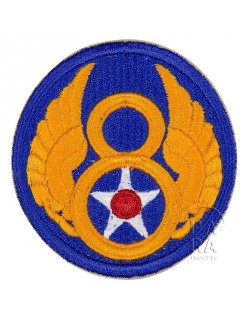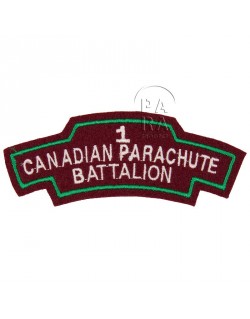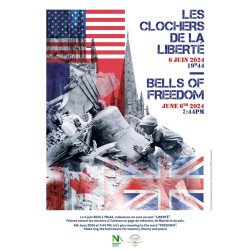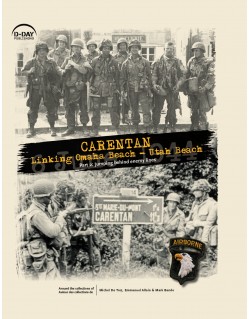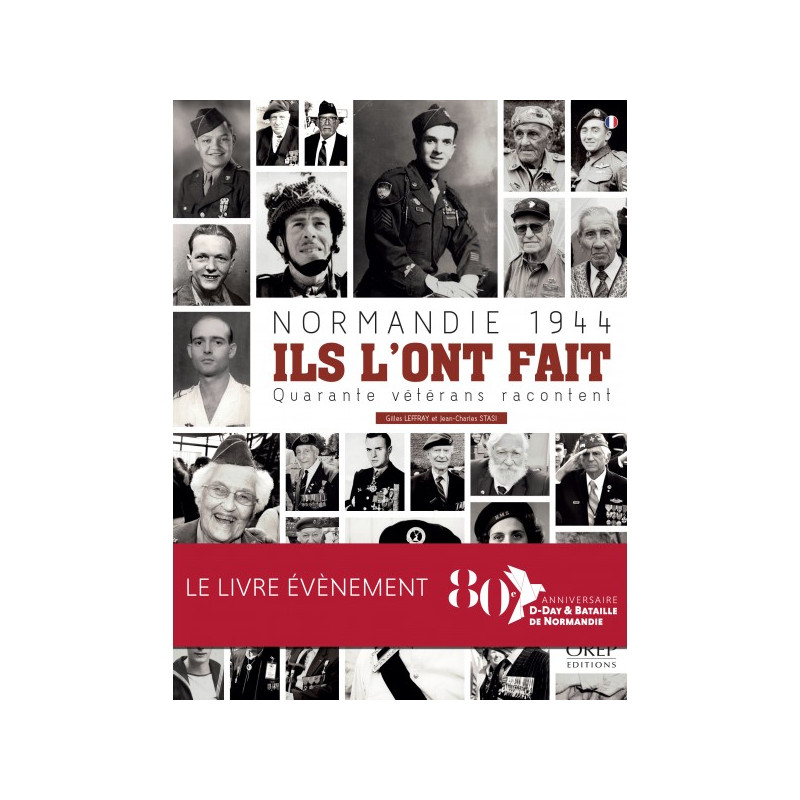





(1 review)
Normandy 1944 - They Were There
€20.00
Tax included
Forty veterans remember
The result of 30 years of encounters on the D-Day Landing Beaches, Normandy 1944 - They Were There, introduces forty allied veterans - infantrymen, parachutists, commandos, aviators, tankers, norses or seamen, all of whom tell of their own poignant experience of D-Day and the ensuing combat. Theses precious and exceptional testimonies come at a time when very few of the protagonists, of this major page in Second World War history remain to tell their stories.
Soft cover, 112 pages, 200 x 265 mm.
Product Details
9782815106344








